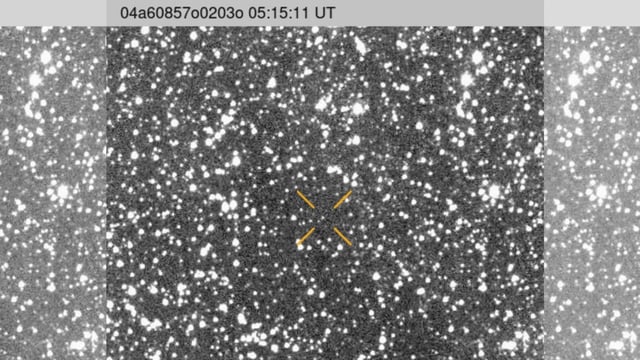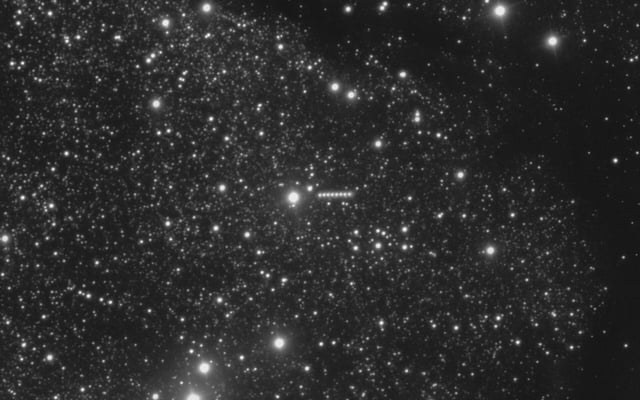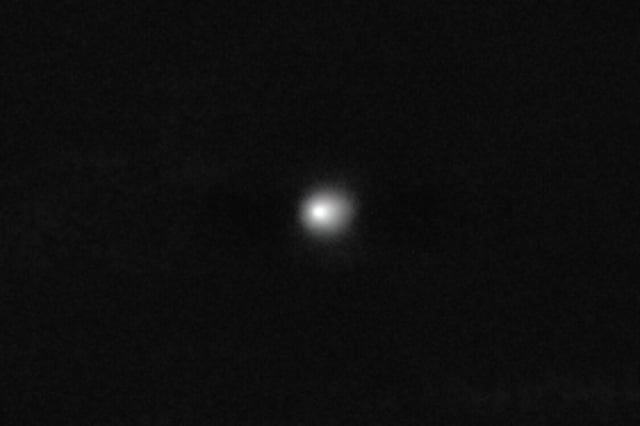Overview
- NASA’s ATLAS survey telescope first detected 3I/ATLAS on July 1 and archival data from ATLAS and the Zwicky Transient Facility dating back to June 14 confirmed its hyperbolic trajectory.
- ESO’s Very Large Telescope captured deep images between July 3 and 8 showing a glowing coma of gas and dust around the comet’s icy nucleus.
- The object is hurtling at nearly 208,800 km/h and is predicted to pass 1.4 AU from the Sun—just inside Mars’s orbit—on October 30.
- Trajectory models suggest 3I/ATLAS originated from an ancient star in the Milky Way’s thick disk and may be more than seven billion years old.
- Astronomers say the comet poses no threat to Earth, will remain at least 1.6 AU away, could brighten to magnitude +11 by late October, and will reappear after solar conjunction in December.



